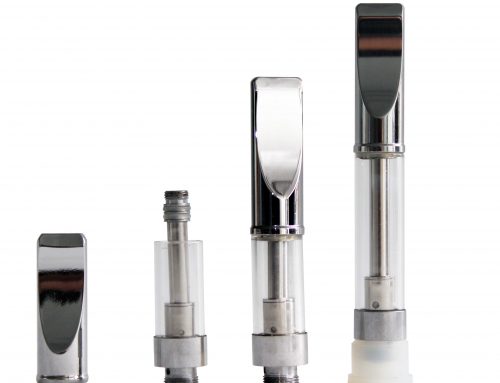What Is CBD Oil? A Comprehensive Look at Benefits, Uses, and Risks
What is CBD oil?
CBD oil is a type of oil that is derived from the hemp plant, and it contains low levels of tetrahydrocannabinol (THC). Unlike THC oil, which is derived from the marijuana plant and contains high levels of THC, CBD oil is non-psychoactive and does not produce a feeling of intoxication.
Benefits of CBD oil
CBD oil has been found to have a wide range of potential health benefits. One of the most commonly cited benefits is its ability to reduce anxiety. Studies have found that CBD oil can help reduce social anxiety, general anxiety disorder, and even post-traumatic stress disorder (PTSD).
CBD oil may also have potential benefits for pain management. It has been found to be effective in treating various forms of chronic pain, including arthritis, multiple sclerosis, and neuropathic pain.
In addition to its health benefits, CBD oil may also be useful in managing symptoms of epilepsy. The FDA has approved a prescription CBD oil product for the treatment of two rare forms of epilepsy.
Uses of CBD oil
CBD oil has a wide range of potential uses. It is commonly used as a dietary supplement, and it can be added to food and drinks or taken as a capsule. CBD oil can also be used topically for skincare purposes. It has been found to be beneficial for reducing inflammation and redness, as well as for treating acne and other skin conditions.
In addition, CBD oil may be effective in treating various forms of mental illness. Studies have found it to be useful in treating depression, bipolar disorder, and other mental health conditions.
Potential Risks of CBD Oil
While CBD oil is generally considered safe, there are some potential risks associated with its use. The most commonly reported side effects of CBD oil are dry mouth, nausea, and fatigue. It can also interact with certain medications, particularly those metabolized by the liver. If you are taking any medications, you should talk to your healthcare provider before using CBD oil.
In addition, while CBD is non-psychoactive, it may still show up on a drug test. This is because some drug tests are designed to detect the presence of THC, and some CBD products may contain trace amounts of THC. If you are at risk of being drug tested, you should choose a THC-free CBD oil product.
Conclusion
CBD oil, derived from the hemp plant and containing low levels of THC, has many potential health benefits. It has been found to be effective in reducing anxiety and managing pain, among other benefits. CBD oil has a wide range of potential uses, including as a dietary supplement, skincare product, and treatment for various forms of mental and physical illness. However, it is important to weigh the potential benefits against the potential risks before deciding whether to use CBD oil.

